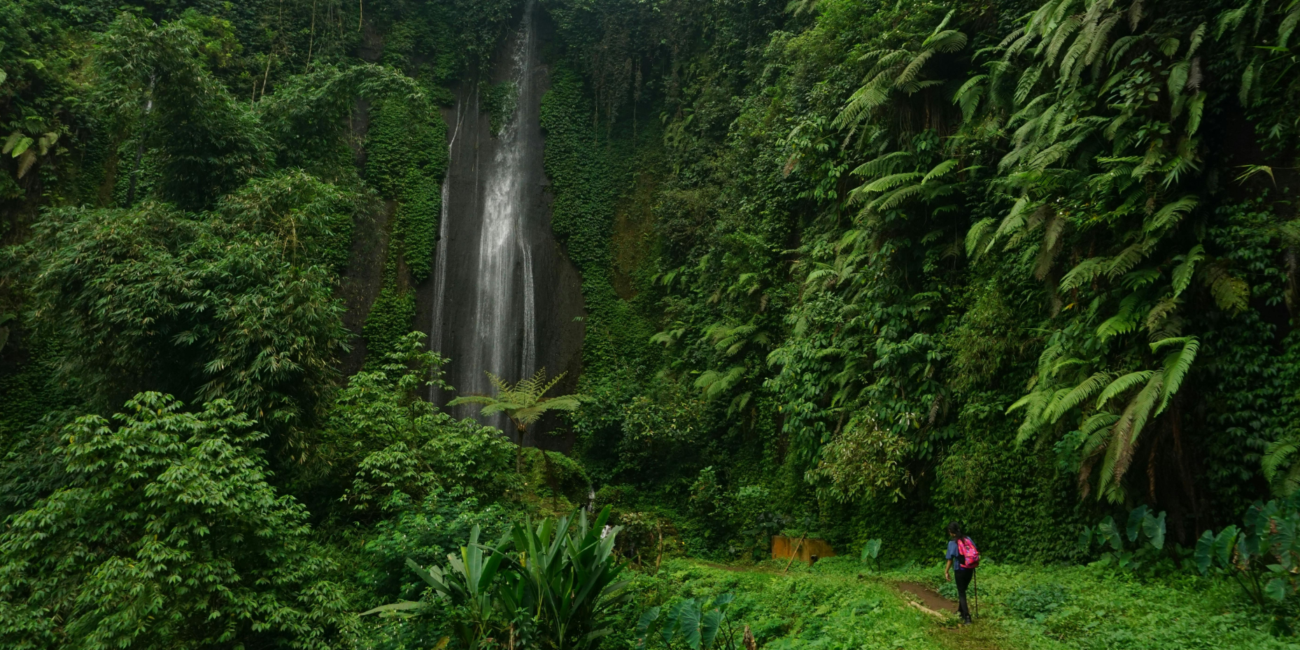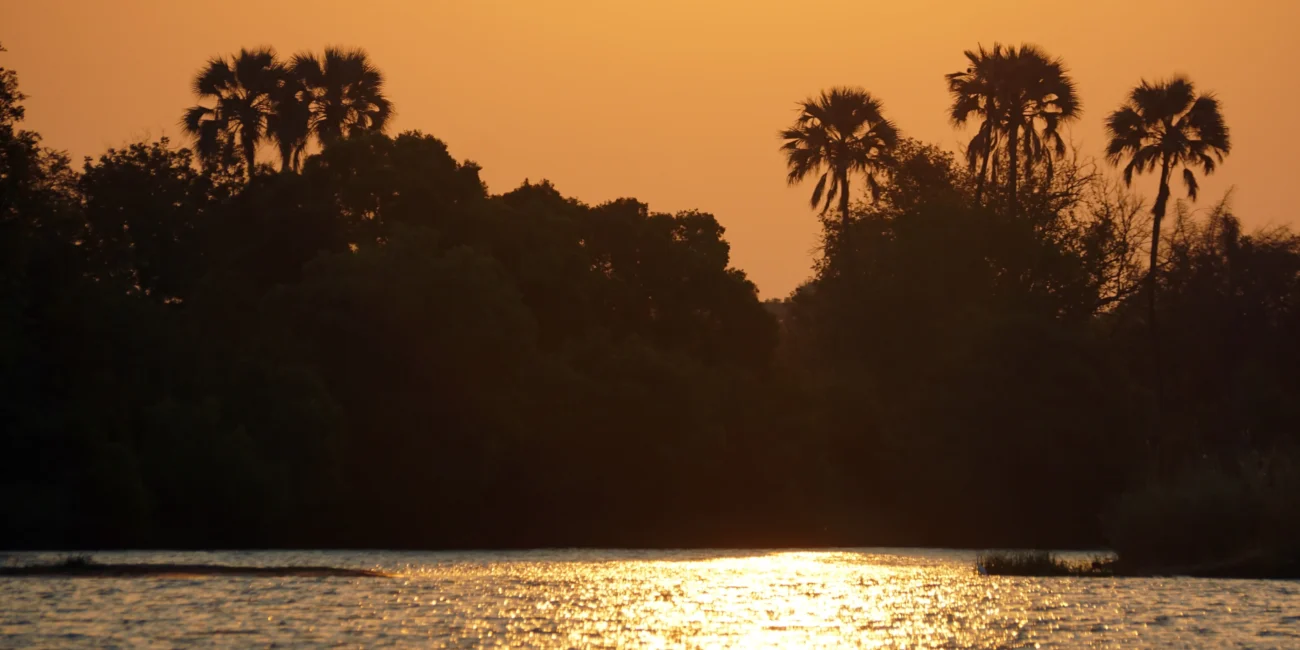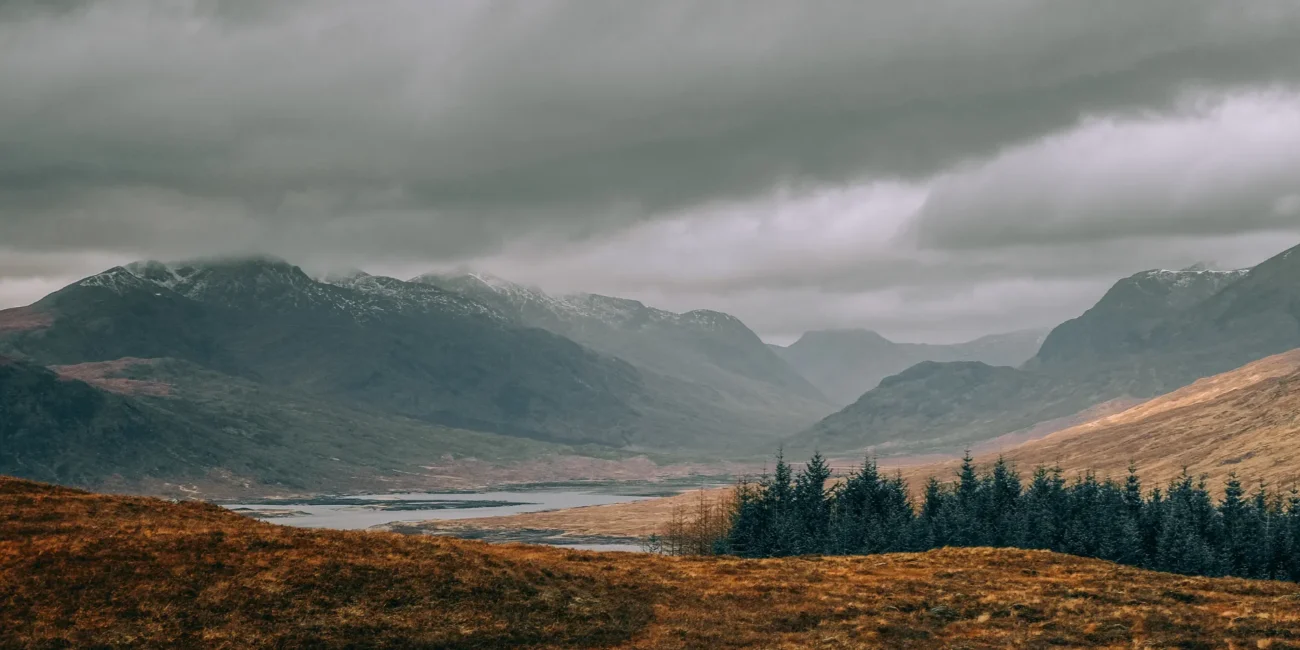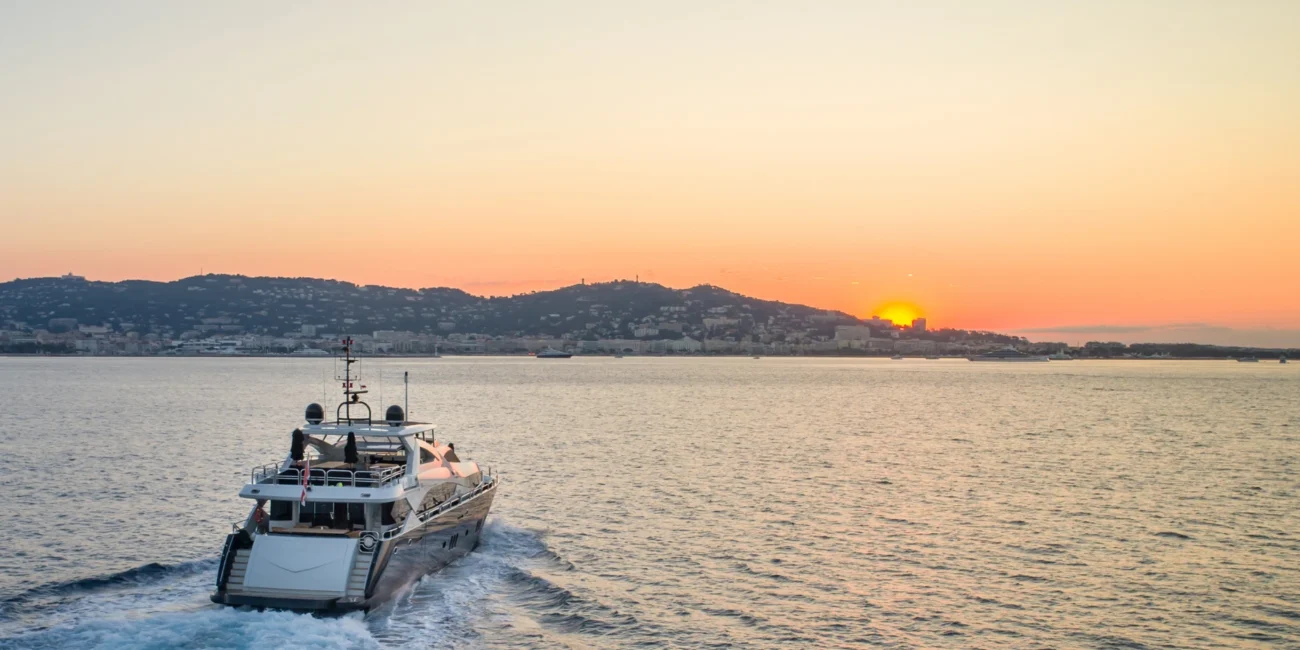Over the course of 25 years, the Tompkins family have worked on a variety of successful restoration projects at Samara Karoo, but this “miracle plant” has turned out to be the one of the most effective carbon-sequestering schemes they could have possibly imagined.
Join us on our Journey to Samara Karoo Reserve 10th-16th March 2024. Apply here.
Spekboom, or ‘Pork Bush’ as otherwise known, is a small-leaved succulent plant endemic to dry areas in South Africa. When in full bloom, spekboom flowers a mass of nectar-rich soft pink flowers, providing food for many insects, including endangered bees and butterflies. This unique plant has its genetic origins in tropical forests and, thanks to its unique ecological features, is particularly effective at sequestering carbon from the atmosphere, reducing greenhouse gasses and – it is hoped – slowing climate change. Spekboom sequesters up to ten tonnes of carbon dioxide per hectare per year, which it stores both above and below the ground.
The roots of spekboom bind within the soil which helps the plant from being washed away in flash floods. The manner in which it grows also fosters the development of rich topsoil and provides a beneficial environment for the growth of other plants. The indigenous plant is particularly easy to grow by just breaking off a piece and sticking it in the ground to propagate.
Due to its remarkable carbon-sequestering nature and natural ease in propagating, spekboom has been deemed a “miracle plant” by many.
Spekboom in the Great Karoo
The miracle plant was once abundant in Samara, many years ago before it was removed through overgrazing. The Tompkins family and the Samara team have made it part of their mission to restore The Great Karoo by launching a spekboom restoration scheme which focuses on ascertaining the best methods by which to plant and propagate spekboom.
Samara works with Cape Town-based consultants C4 EcoSolutions, which is led by soil scientist Dr Anthony Mills. The spekboom restoration scheme covers 105 hectares, with 6 hectares planted so far at a density of 2,500 cuttings of the plant per hectare. Samara founder Sarah Tompkins commented that the reserve “contains almost 1,000 acres that could benefit from being planted with spekboom”, so the team have set themselves the goal of planting 1 million over the next five years. There is the potential to extend the project to the entire Eastern Cape, helping to restore degraded areas and providing more green jobs in the province.
To aid their project and promote awareness, the Tompkins also give each of their guests a small spekboom cutting for them to plant at Samara or take with them to plant at home and spread the word of this wondrous miracle plant.
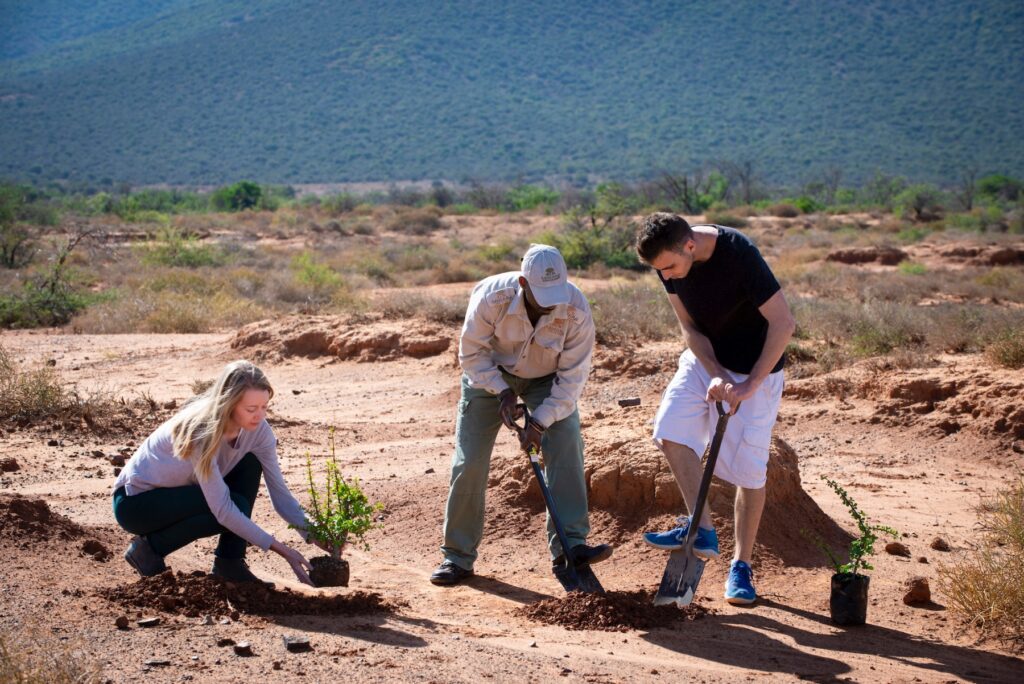
DIG A LITTLE DEEPER
Join the journey to the Great Karoo here.
The Return of the Cheetah: Rewilding the Great Karoo
